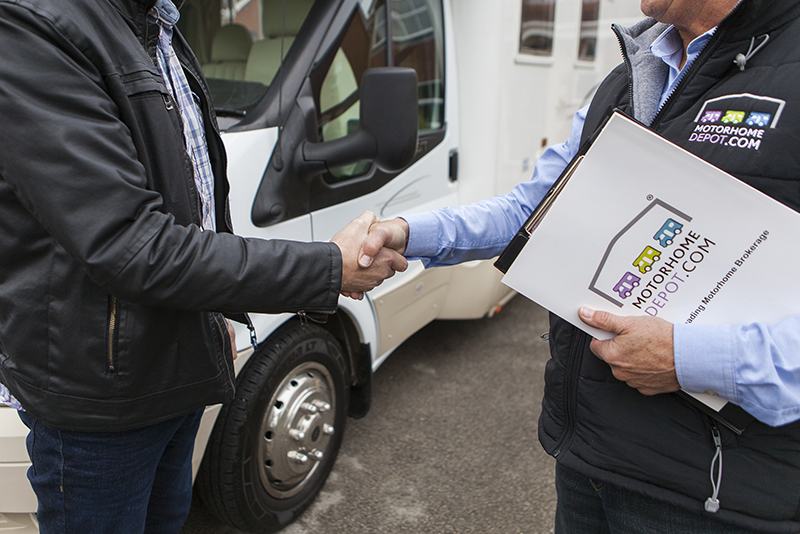As we look forward to brighter, warmer days and the long awaited prospect of being able to get away in our motorhomes and caravans, now is the time to think about getting them ready for the season, so that when the opportunity comes, we can set off confidently without drama.
Caravan and motorhome workshops are exceptionally busy at this time of year with pre-season servicing and habitation checks – temporary closures due to Covid have put even more pressure on them, so bookings may be some way in advance. Mobile Caravan Engineer Association (MCEA) members also work in our region and they are also worth using. But there are also things that we can do ourselves, to give us a chance of a trouble free first outing. So here are my 5 top tips for leisure vehicles generally, assuming that they have been standing in storage for some time.
Engine batteries – I often go to stored vehicles with flat engine batteries. A battery will gradually discharge when left unused and once totally discharged for an extended period, may not recover. If you need to jump start a 2007-on Fiat/Citroen/Peugeot based motorhome, there are connection points in the engine bay, rather than on the battery itself. Further information on safe jump starting will be in your vehicle handbook.
Habitation batteries – the same issue of non-recovery applies here. If you keep your caravan or motorhome at home, plug in 230v, selecting habitation battery charge on the switch panel if appropriate and give it at least 12 – 16 hours. If it won’t hold a charge, it probably needs to be renewed. Solar panels help extend the life of batteries, however, in the depths of winter they are much less effective. If your caravan is in storage, bench charging the habitation battery at home to full capacity and checking that it is holding charge a couple of days later is a good idea, especially if you use a caravan motor mover.
Handbrakes will often get stuck on if left applied for long periods, so you may need to ‘rock’ the caravan or motorhome a little to free them off. A little gentle persistence with the engine or attached towing vehicle is usually all it takes and you will hear as well as feel it when it releases.
Tyres – look for cracking on sidewalls due to degradation in storage. This isn’t necessarily an MOT failure, however, it is a sign of deterioration. The Caravan and Motorhome Club recommend renewal between 5 – 7 years of age and your local tyre depot will be able to advise, or you can find out how to do it with a web search. Inflation to the correct tyre pressure is vital; the air inside the tyres carries the weight of the vehicle – too little air leads to tyrewall stress, in some cases resulting in overheating and failure on the road.
Water system – the first thing I look at when entering a client’s vehicle that has been standing over winter is whether the taps are closed. Even if the water system has been drained, damage may have occurred if trapped water has frozen in the tap body. It’s worthwhile recommissioning the water system and checking for leaks if possible before going away.






